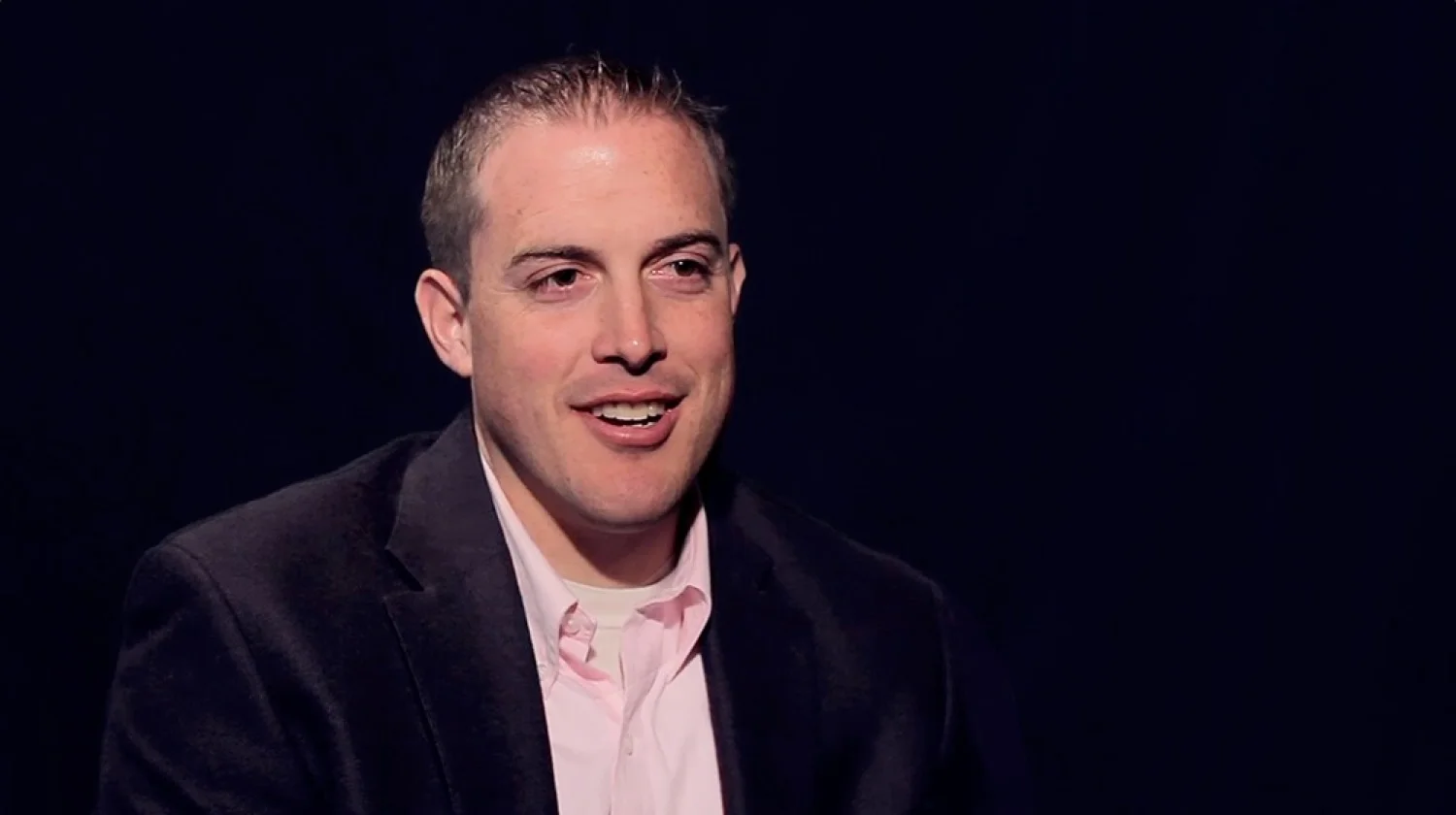In Chapter 5 of 18 in her 2013 Capture Your Flag interview, author and entrepreneur Nina Godiwalla answers "What Challenges Have You Faced Raising Two Young Children While Working Full Time?" Godwalla shares how having a second baby has significantly changed her social life. With the added responsibility at home, working mom Godiwalla and her husband realize that the reality of having a second child is that your social life, from date nights to seeing friends, will get constrained. Nina Godiwalla is an expert on diversity, leadership and women in the business world. She is CEO of Mindworks, which provides leadership, stress management, and diversity training to companies all over the world. She is also a bestselling author and public speaker. Godiwalla earned an MBA from Wharton, a MA from Dartmouth and a BBA from the University of Texas.
Transcript
Erik Michielsen: What challenges have you faced raising two young children while working full time?
Nina Godiwalla: I have to say what happened for us, what fell off the bottom is, where we are challenged is, with the second kid, especially, it cut off our social life a lot, it cut our social life significantly. So we used to have it to where, “Okay, I’ll take it. You go out tonight. I can go out with my friends later,” so we weren’t doing a lot of things together, because it’s usually, when we travel, we’re gone for work, so it doesn’t really justify we’re not gonna take a vacation, and we don’t leave our kids and go on a vacation together, but our time together, after the second child, has been cut significantly, just spending any time together alone, or going out and socializing.
We’re actually both fairly disciplined people, so we just see this as a situation, whereas I know a lot of other friends will say to me like, “Oh, you have to still socialize and do all sorts of things,” and I just, I do—I enjoy being with my kids, and, to me, I see it as, for the next couple of years, it will be this way, and even with my husband, when we’ve had our first kid, we said, “Oh, we’re gonna do a weekly date night,” a month, weeks later, and I thought, “Maybe we’ll do monthly,” we don’t do either.
Maybe it has only been a couple of years now, but it doesn’t bother me that much, and he has more of a kind of a discipline, logical mindset too where we both kind of see it as this is just it is what it is right now, and we’re not gonna, probably not spend a lot of time alone, it’s gonna be the four of us together and just deal with it, and we’re not gonna spend a lot of time with our friends, and when we do spend time with friends, it’s when we have the whole family together, and it’s just this chaotic—it’s they have their two or three other children, we have our two children—our conversation is so broken. You just started to say something, and then someone’s kid is screaming over, so it’s these broken conversations that there was no real in-depth conversation, but at the same time, it is what it is right now.
Erik Michielsen: Is that something where you have to just kind of feel out other couples and their kids and figure out, “Are we all okay in this environment here?”
Nina Godiwalla: I think other parents get it because they can’t have the conversation either. They are really trying. Before I had kids I was one of those unforgiving people where I really felt like, “Can they—?” I still remember it, I have a friend that I could hear her baby crying in the background, and I was thinking, and I’d be in the middle of telling her something, and I thought, “Can she just not leave the kid for a minute or two and let me finish talking or telling my story?” And it’s just interesting, as a parent now, I mean I see things so differently, like if I hear someone’s kid crying, I’m like, “I will talk to you later.” I just I don’t want you to have to try and listen to me and listen to the kid screaming at the same time.
My mindset is so different. Before, I was very harsh on parents, so I had a long way to come, and now I’m just incredibly forgiving. If I see somebody with like a kid on a plane, I try and let them know like a million times that whatever their child does is perfectly fine because I won’t fly with my children. I don’t bring my children on a plane, and everyone always makes fun of me because I fly, I’m flying for business and they’ll say, especially on the East Coast, like, “Do you really have children?” Because I fly here fairly frequently, but none of—and I have a lot of friends here, and they said, “I’ve never seen your children, like this is mysterious that you really have children.” “Oh my God, I don’t fly with my kids.” I mean that’s my—and so it’s that sort of I know what a challenge it is and I don’t even wanna go there. (laughs)























